|
My customers are progressively embracing hybrid and multi-cloud environments to harness the advantages of a range of cloud platforms, including Microsoft Azure, AWS, and Google Cloud. While these configurations deliver unparalleled flexibility and scalability, they also bring about intricate cybersecurity hurdles. Within this blog, I will delve into the most effective strategies for fortifying hybrid and multi-cloud setups, with a particular emphasis on Microsoft Azure, to protect sensitive data and uphold a resilient cybersecurity stance. Best Practices for Securing Hybrid/Multi-Cloud Environments with Microsoft Azure:1. Implement Strong Identity and Access Management (IAM): To ensure authorized access and prevent data breaches, utilize Azure Active Directory (Azure AD) for centralized identity management. Enforce multi-factor authentication (MFA) and role-based access control (RBAC) to maintain fine-grained permissions. Regularly review and update user access privileges to mitigate the risk of unauthorized access. 2. Encrypt Data in Transit and at Rest: Protecting data is paramount. Utilize SSL/TLS for data transmission between services and implement Azure Key Vault for secure key management. Employ Azure Disk Encryption to safeguard data at rest within virtual machines and Azure Storage, providing an additional layer of protection. Azure Key VaultAzure Key Vault is a cloud service that provides a secure store for secrets. You can securely store keys, passwords, certificates, and other secrets. Azure key vaults may be created and managed through the Azure portal. Azure Key Vault offers the following features:
3. Network Security and Segmentation: Establish a secure network environment using Network Security Groups (NSGs) and Azure Firewall to control traffic flow between virtual networks and subnets. Leverage Virtual Private Networks (VPNs) or ExpressRoute for encrypted and private connections between on-premises and Azure resources, mitigating the risk of data interception. 4. Continuous Monitoring and Threat Detection: Stay vigilant by enabling Azure Security Center to monitor and detect threats across your Azure resources. Leverage Azure Monitor, Azure Log Analytics, and Azure Network Watcher for real-time monitoring and rapid incident response, ensuring timely action against potential security breaches. Azure Security Center
0 Comments
|
RecognitionCategories
All
Archives
June 2024
|
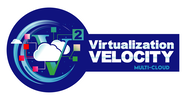
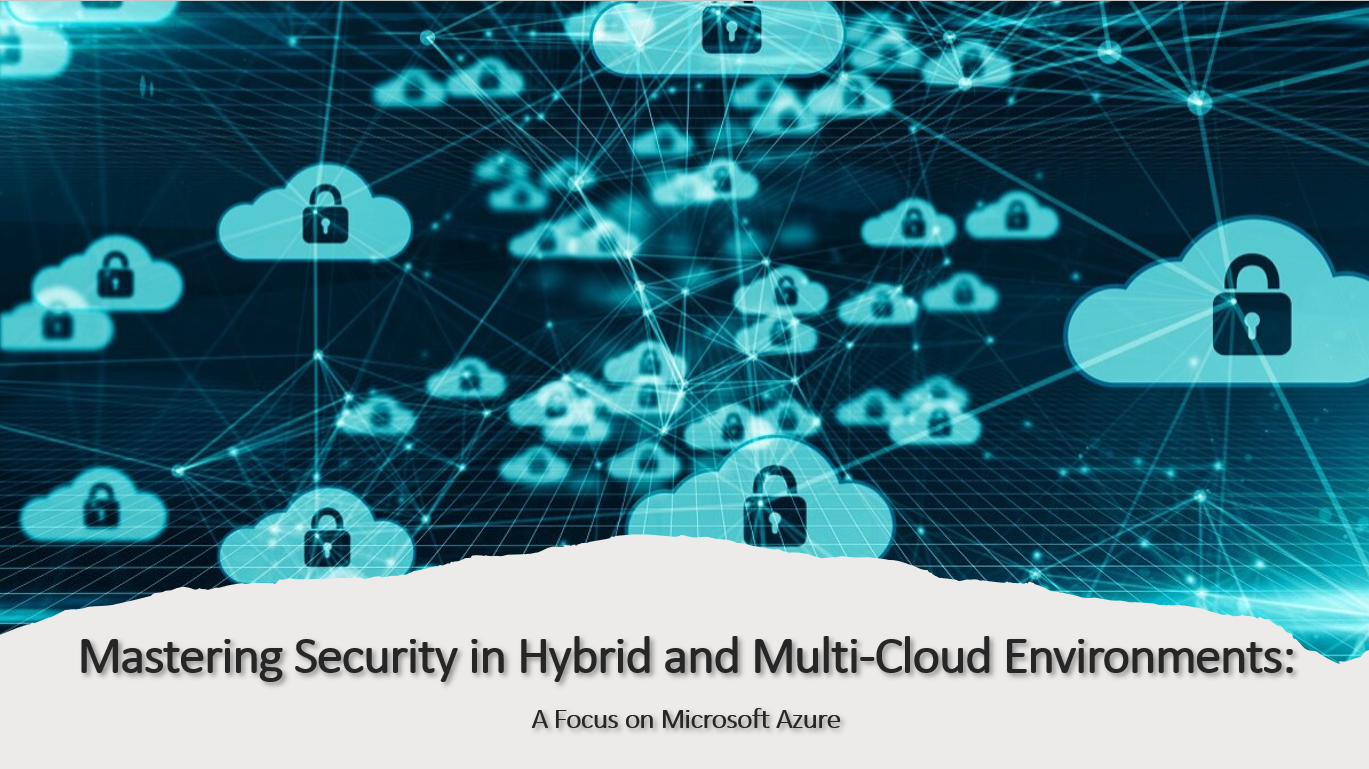
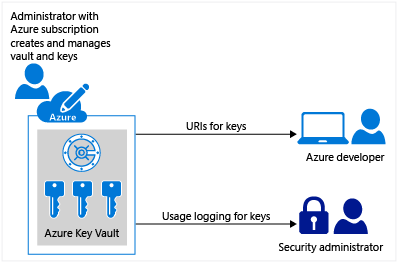
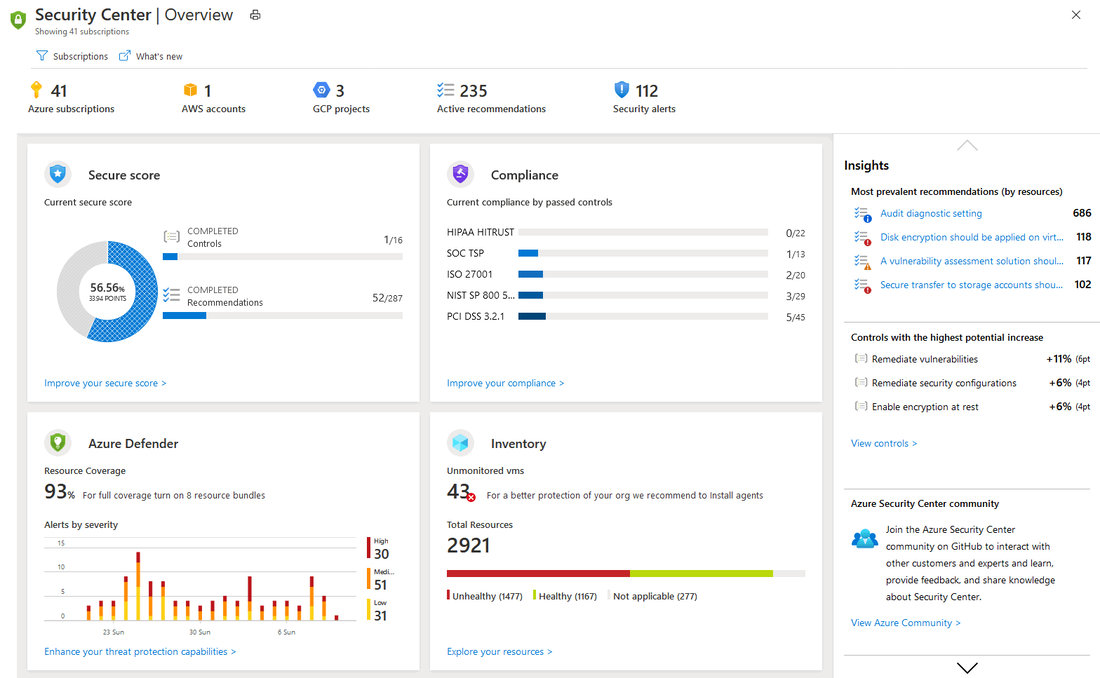
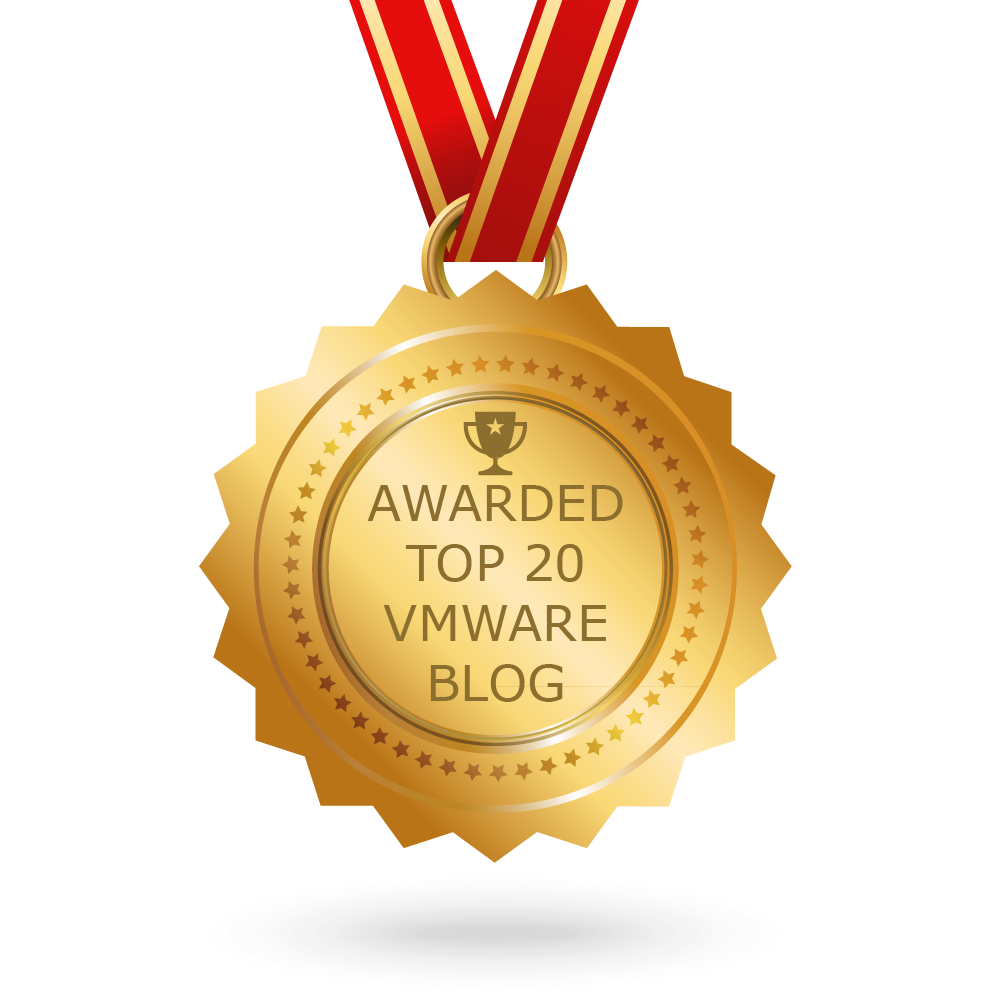
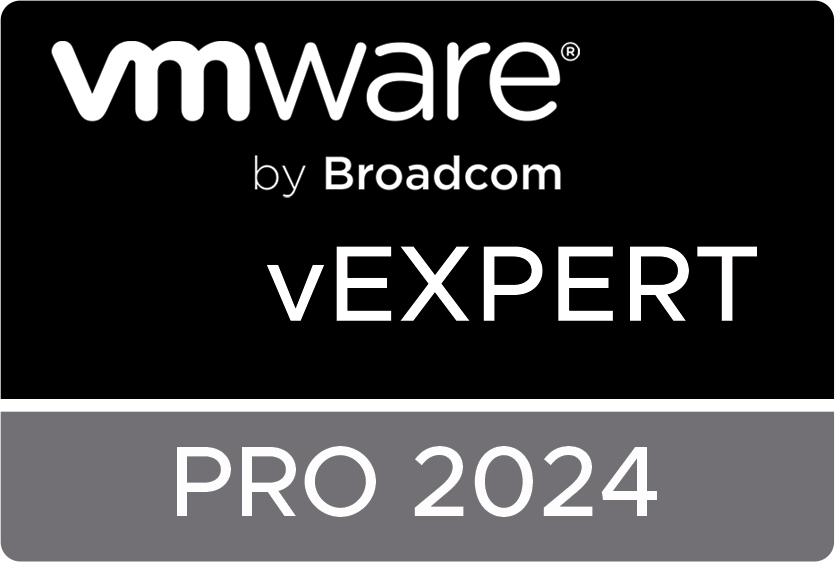
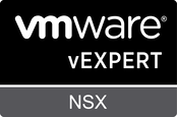
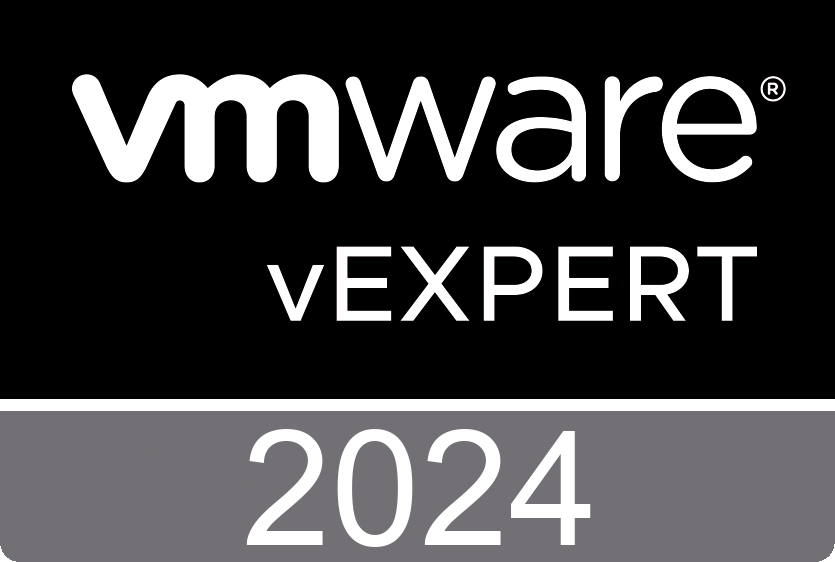
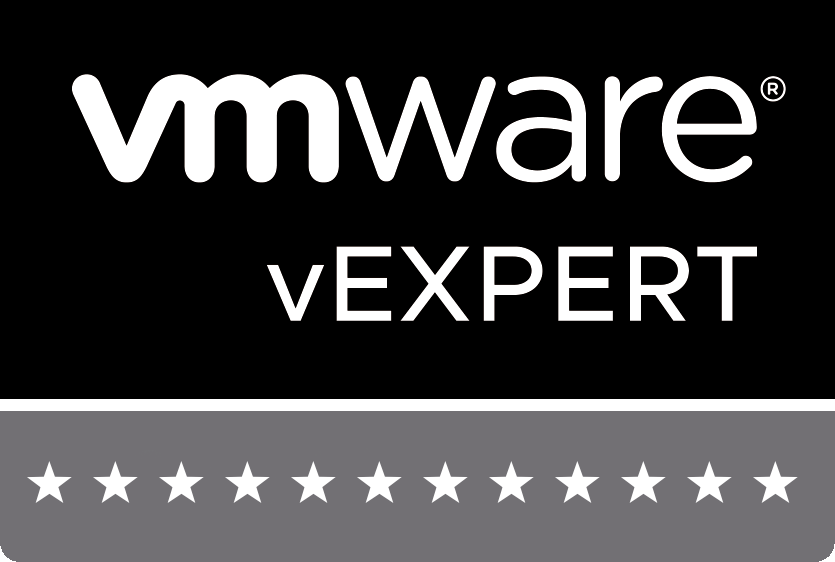
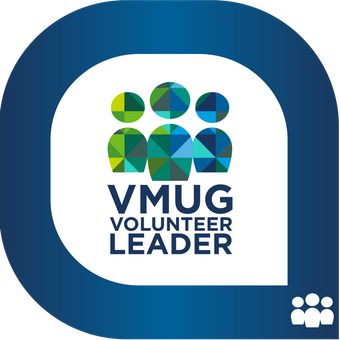
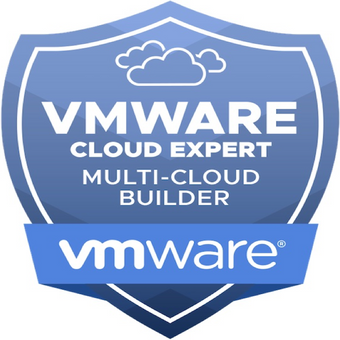
 RSS Feed
RSS Feed